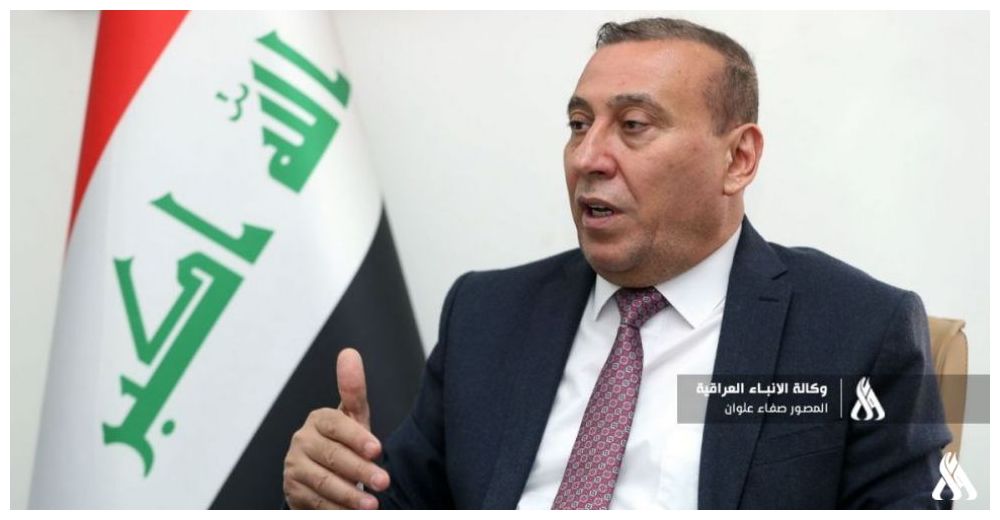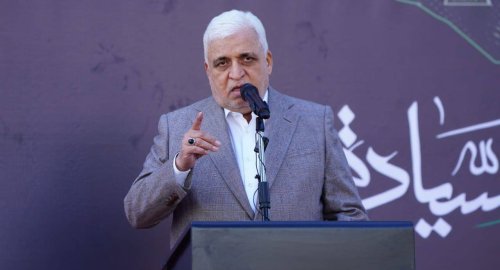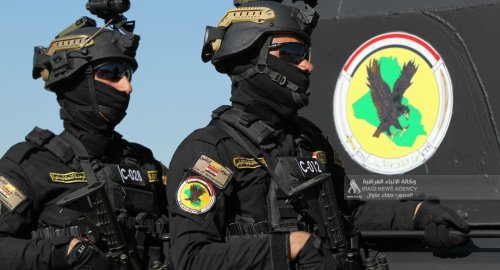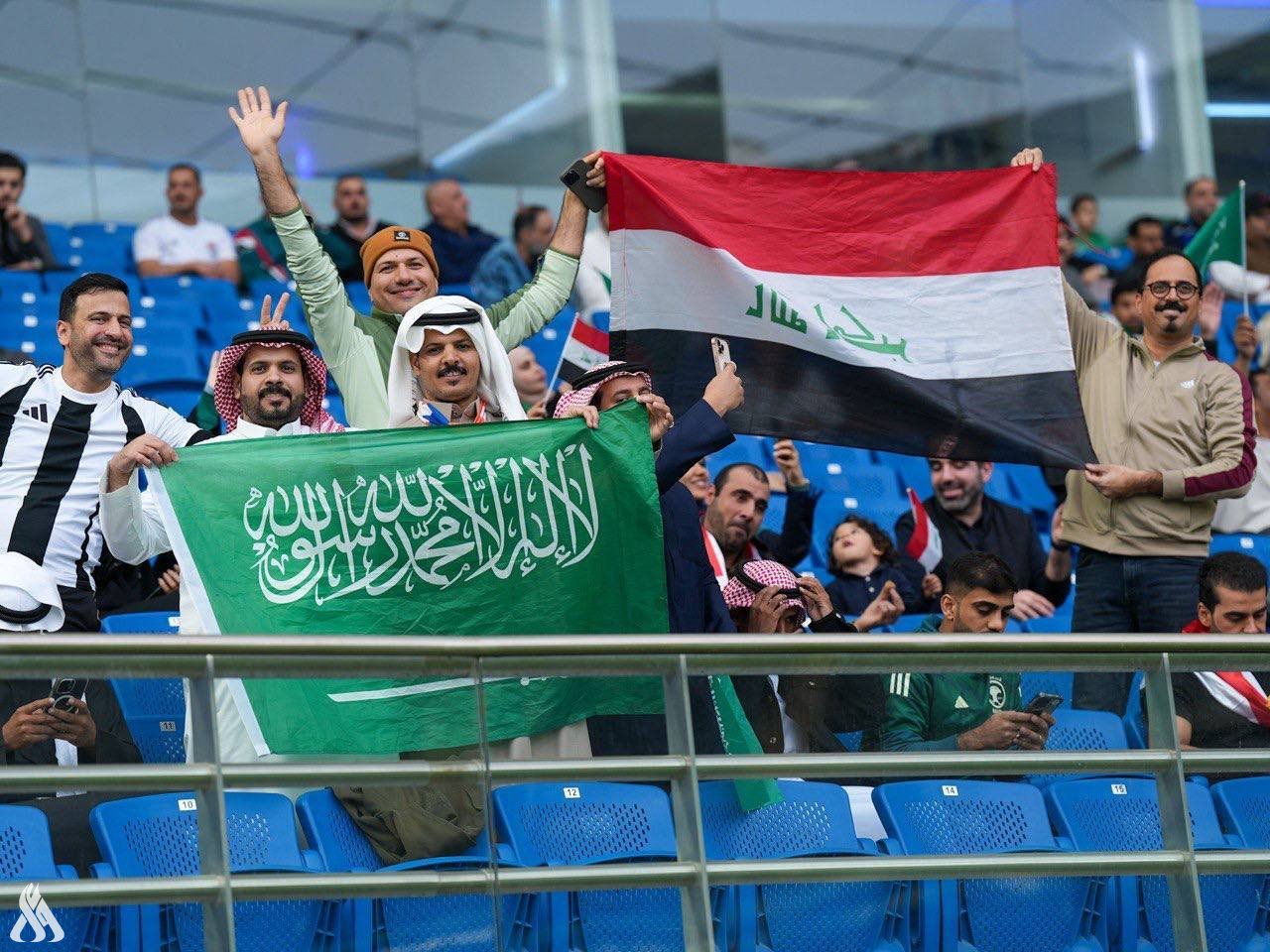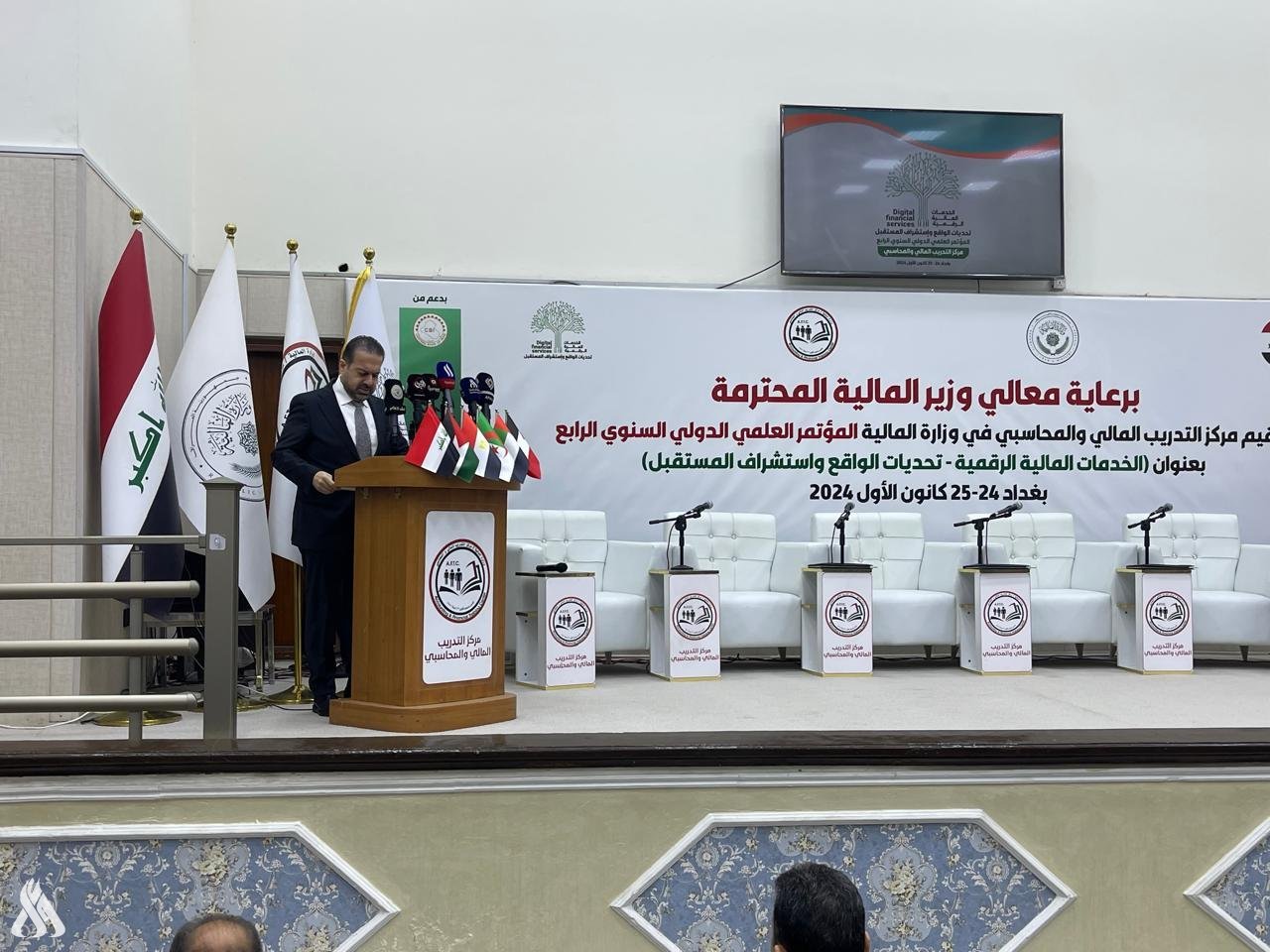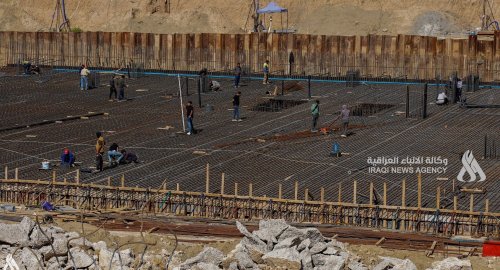
Economic renaissance and unprecedented progress... Iraq maximizes its non-oil revenues and reduces its debts

- 12-09-2024, 13:35
Baghdad-INA
The country has witnessed an unprecedented economic renaissance, as ambitious government plans have achieved remarkable successes, most notably food security, achieving self-sufficiency in grains, stimulating markets and creating competition between them, in addition to economic growth and reducing foreign debt to its lowest levels.
The financial advisor to the Prime Minister, Mazhar Muhammad Salih, told the Iraqi News Agency (INA): "The government has worked to establish a food security system based on the successful integration of agricultural and financial policies," indicating that "government support for grain producers has formed a safety valve in encouraging agricultural production of grain crops, which in turn has encouraged farmers to provide nearly 6 million tons of grains during the year 2024, which is the quantity that matches the country's need for grains, and it has been considered one of the gateways to self-reliant food security."
He explained that "these measures were accompanied by providing the food basket with types and quantities that affect the lives of 40 million citizens, in addition to the trend to revive the markets, which is a pattern of competitive commercial investment."
Salih pointed out that "the General Company for Central Markets is one of the formations of the Ministry of Trade, as it announced its new policy last March, that it will continue to refer its sites and markets to investment in accordance with the duties of Investment Law No. 13 of 2006, as amended, in order to achieve economic balance and support the Iraqi consumer."
He added that "the marketing policy of the General Company for Central Markets, through the strategy of partnership between the state and the private sector, has undertaken to activate a pattern of market stability patterns by providing competitive marketing outlets that meet the needs of the poor and low-income classes, through the best consumer products in terms of quality assurance and price stability," stressing that "this issue is consistent with the pivotal role played by the Competition and Anti-Monopoly Council issued under Law No. 14 of 2010, which aims to protect purchasing rights from monopoly and manipulation."
As for the indicators of stability and economic growth, Saleh stated that "the growth in the non-oil GDP has touched 6 percent in light of the very moderate price growth rate and did not exceed, according to the latest figures, 3.7 percent annually, which means that the country is witnessing high price and development stability."
He pointed out that "Iraq's external debts have decreased to their lowest level in the past forty years and did not exceed $10 billion, and the government is following a precise program to settle the external debt, which constitutes less than 9 percent of the country's total foreign exchange reserves, which are close to $108 billion, which are the highest foreign reserves in the country's monetary and financial history."
For his part, researcher and specialist in financial and banking affairs Mustafa Hantoush confirmed that "the Iraqi economy during the past three years has witnessed a number of correct trends, including:
1- Supporting the private sector with the (Workers' Retirement) Law No. 18 of 2023, which will guarantee retirement rights for all workers in Iraq.
2- Supporting the culture of electronic payment that would provide high-level financial and banking services to the citizen, as well as determining the liquidity position and having a financial reading of the market.
3- Working seriously to complete the designs and requirements for starting the (Development Road) project, which is considered the basis for opening the transportation economy to Iraq, which is a complementary project to the Faw Port.
4- Establishing the (Service Effort) Committee, which provided tangible services in the capital, Baghdad, after long years of neglect, which would stimulate the labor and construction market in the capital and reduce transportation costs and time.
5- Moving towards residential complexes (adjacent to cities) and renegotiating with the Korean Hano Company.
He pointed out that "despite these measures, the Iraqi economy still needs many steps, including:
1- Effective monetary policies in (lending - attracting deposits - financing investment) that would create a cash cycle from surplus to deficit.
2- Building the private sector through an accelerated pace using models (private sector budget - loan budget) that would activate the infrastructure of the private sector from (cities or industrial or agricultural or tourist areas - roads to serve investment - investment electricity) with an available and known loan budget with reasonable conditions.
3- Protecting the local product through (the state purchasing the local product - closing borders and unofficial outlets - industrial and agricultural dollars).
4- Effective international negotiations on files such as (producing 25 thousand megawatts of electricity on credit with Siemens - establishing the international company for the port of Faw - increasing Iraq's share of oil production and export).
5- Establishing a sovereign investment fund (internal) in dollars after negotiating with the American side, to which part of the oil revenues in dollars goes and enters With safe local investments such as (real estate - oil and gas investments) and others.
6- Establishing a real estate policy consisting of (real estate reconciliation with agriculture - supporting economic construction complexes - distributing land to those entitled to it - launching funding for well-studied housing initiatives).
In turn, researcher and academic Haitham Al-Khazaali explained that "the political stability that resulted from the government's balanced policy, and staying away from crisis management and focusing on achieving economic progress is what affected the stability of the security situation and then achieved economic stability."
He added that "the economy is linked to security and reliance on political stability."
Earthquake rattles north of Kirkuk, says MOT
- Local
- 08:08
Iraq vs Saudi Arabia match kicks off, Arabian Gulf Cup 26
- Sport
- 24/12/28
Real Madrid becomes Arnold's new home
- Sport
- 24/12/28
Globe Soccer Awards 2024: all the nominees
- Sport
- 24/12/27

